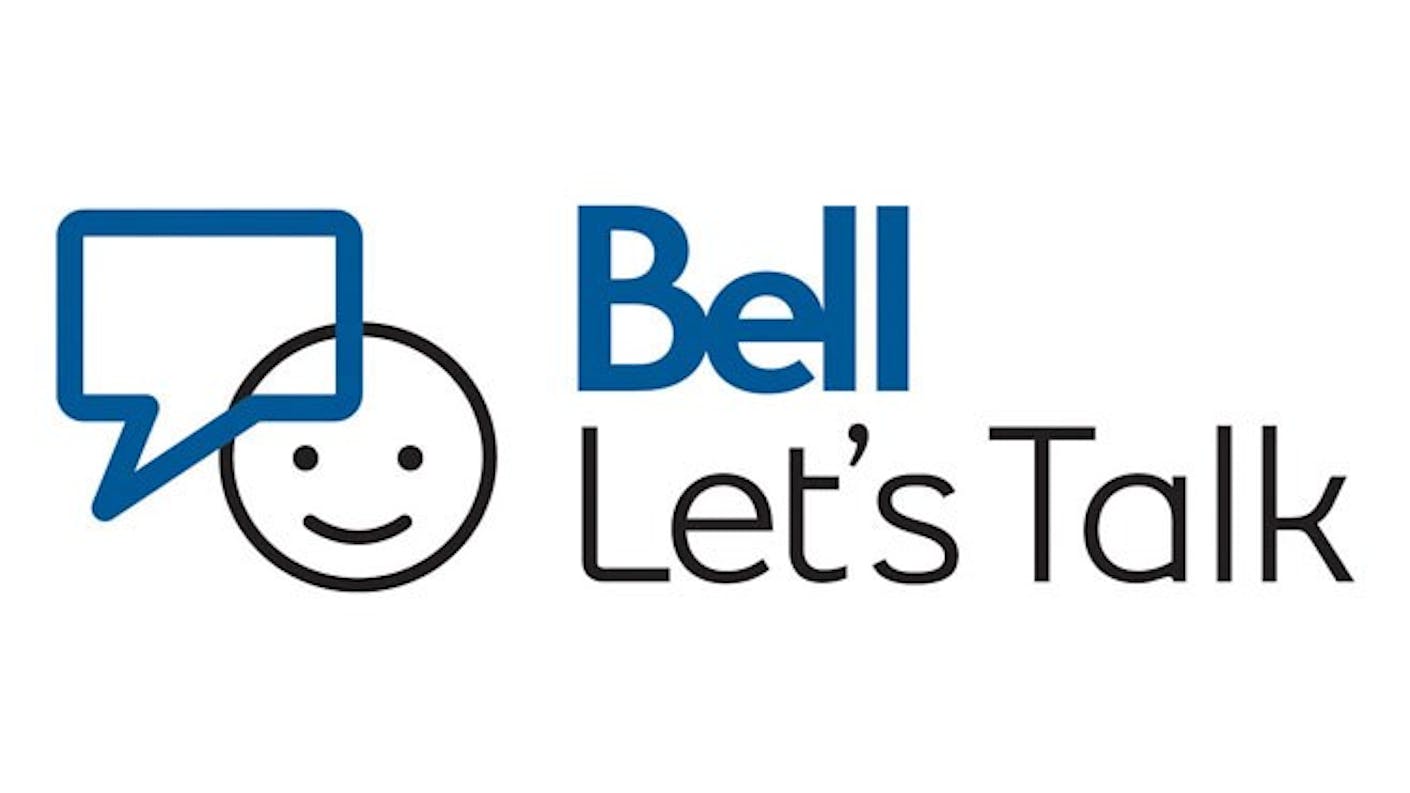Celebrating Random Acts of Kindness Week 2021
February 12th, 2021
Random Acts of Kindness Week, February 14th to 20th, is an annual initiative to celebrate and encourage random acts of kindness! Scientific evidence shows there are positive effects from doing kind acts for others, as well as receiving or even witnessing kindness. Even the smallest act of kindness can change a life.
Here are some ideas of how you can participate in Random Acts of Kindness Week in the workplace:
- Give an unexpected compliment.
- Have a LinkedIn account? Write a recommendation for coworker or connection.
- Try to make sure every person in a group conversation feels included.
- Send a gratitude email to a coworker who deserves recognition.
- Reach out to someone you haven't spoken to recently to catch up.
And don't forget to practice self-kindness! Try to spend 30 minutes doing something you love today.
To help celebrate Random Acts of Kindness Day on February 17th, BC Place will be lighting up with a special rainbow animation. You don't want to miss this beautiful display!
For more information about Random Acts of Kindness Week, visit www.randomactsofkindness.org
We encourage you to share your own ideas and how you plan to take part in this year's event in the comments below!



